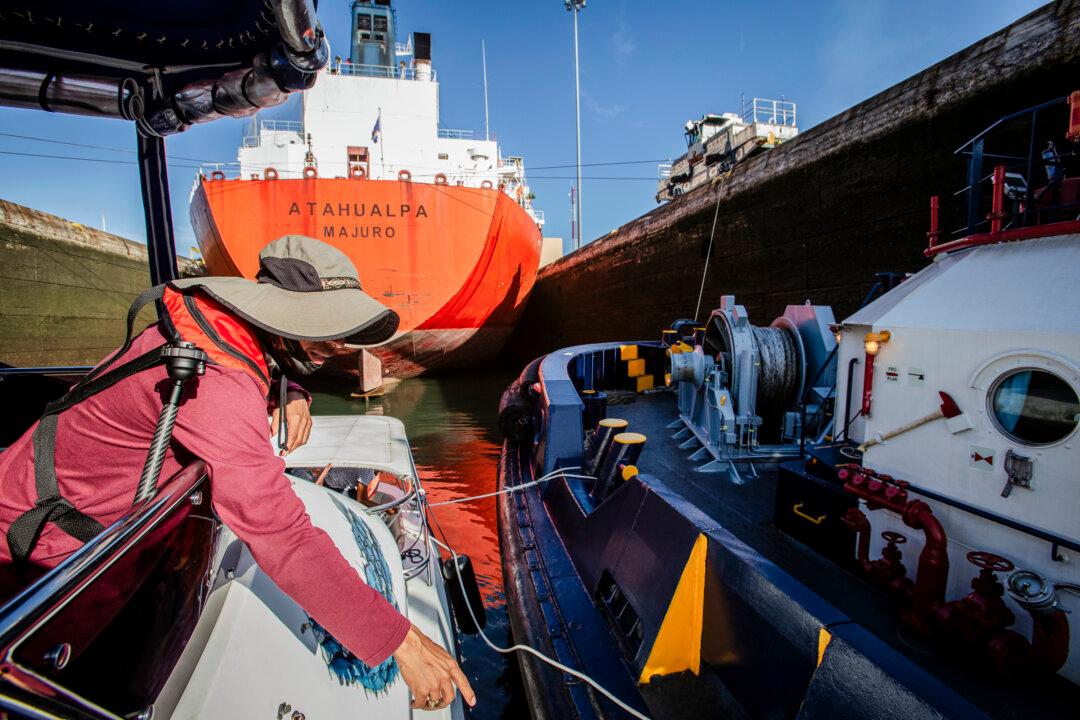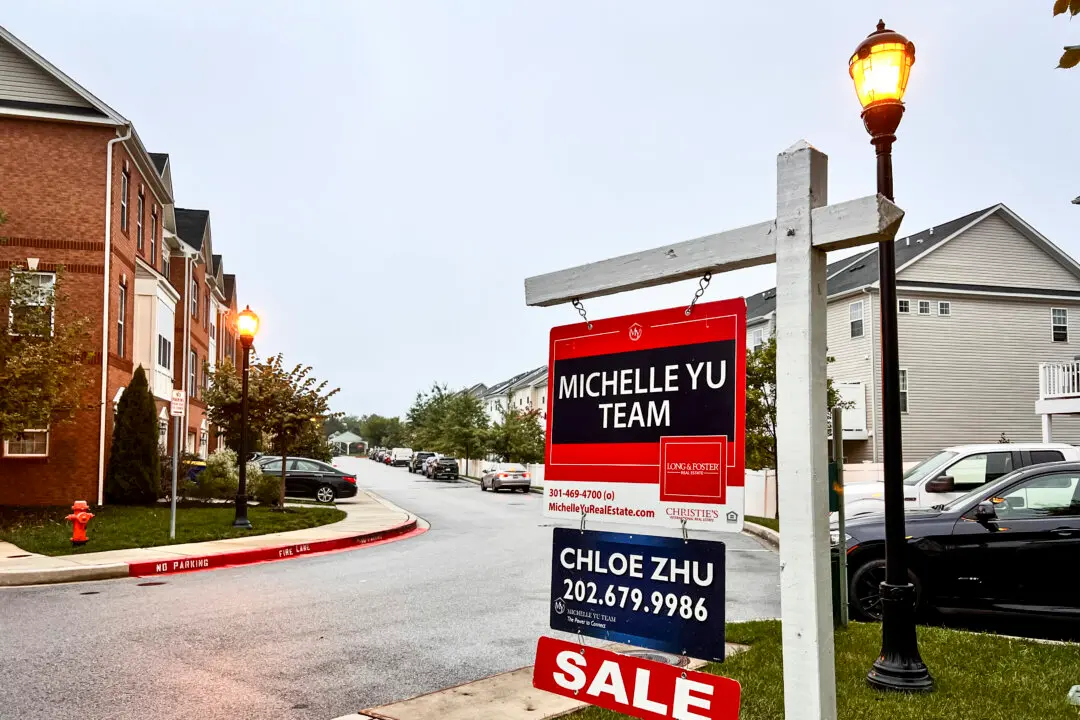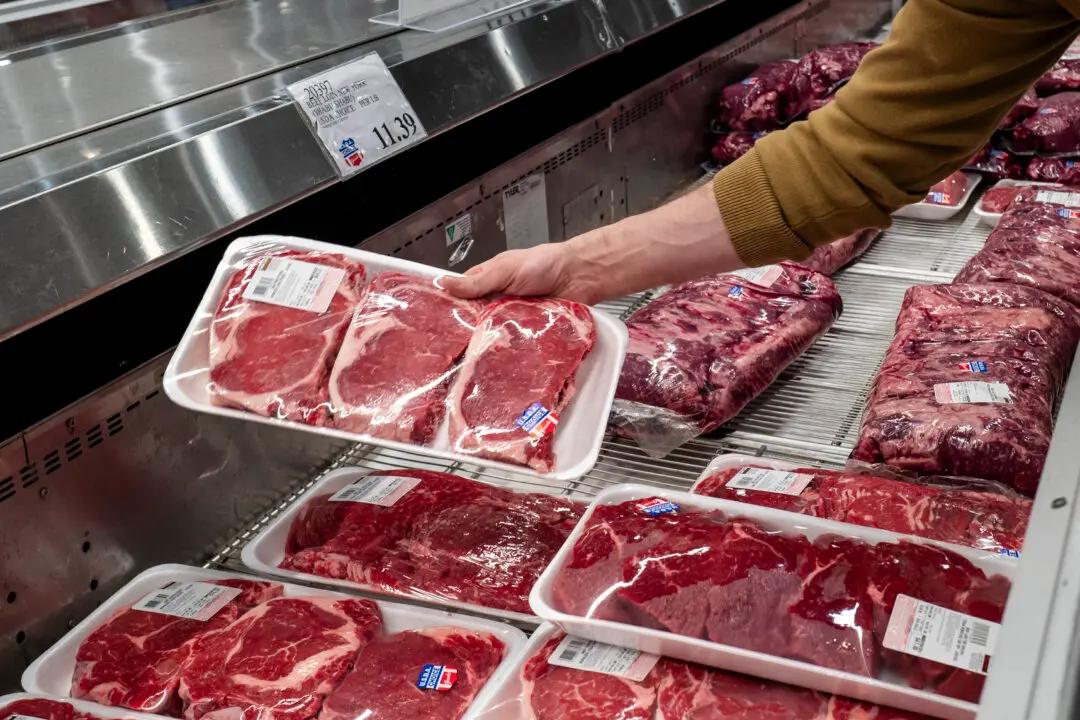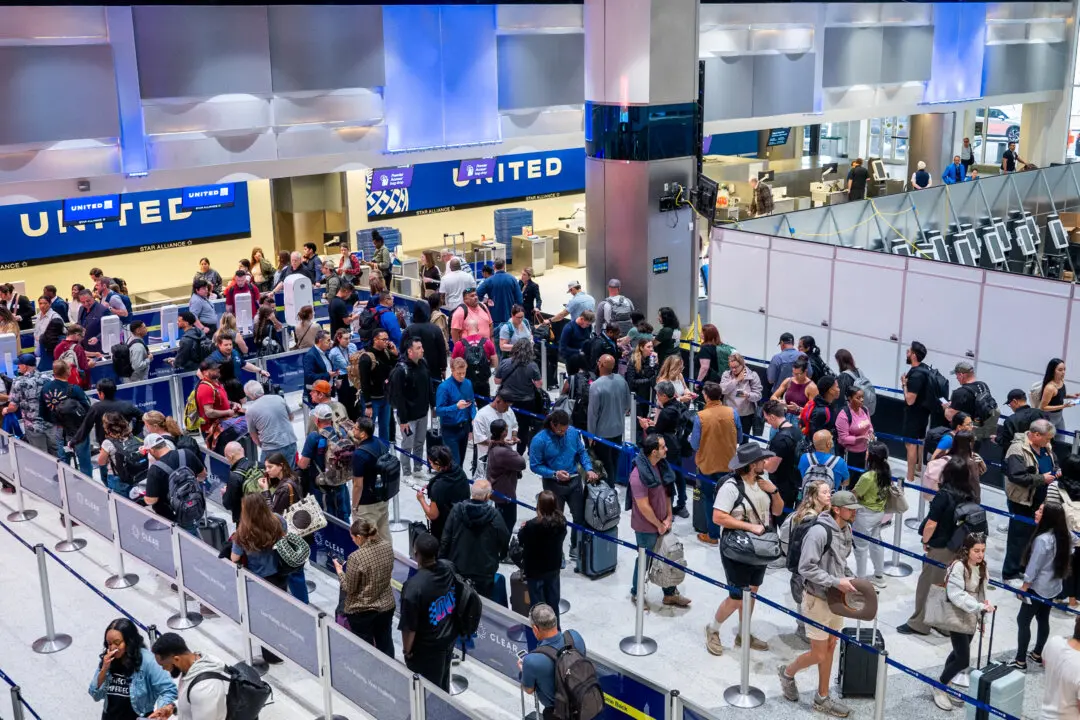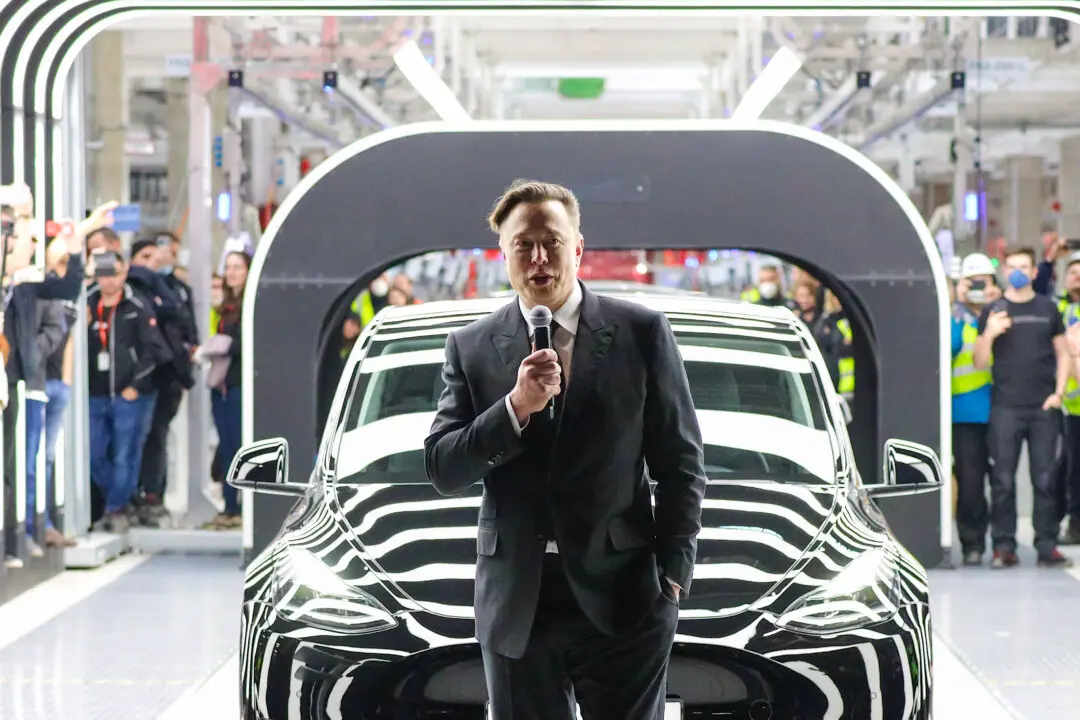Financial services giant JPMorgan Chase & Co. downgraded its assessment of Panama’s bonds on the growing concern that the United States may repossess the Panama Canal.
On Jan. 23, JPMorgan’s Global Emerging Markets Research analysts downgraded Panamanian debt from “overweight” to “marketweight.” That, according to the company’s analysts, means that it views the country’s bonds to “perform in line with the relevant index, sector, or benchmark credit returns.”
